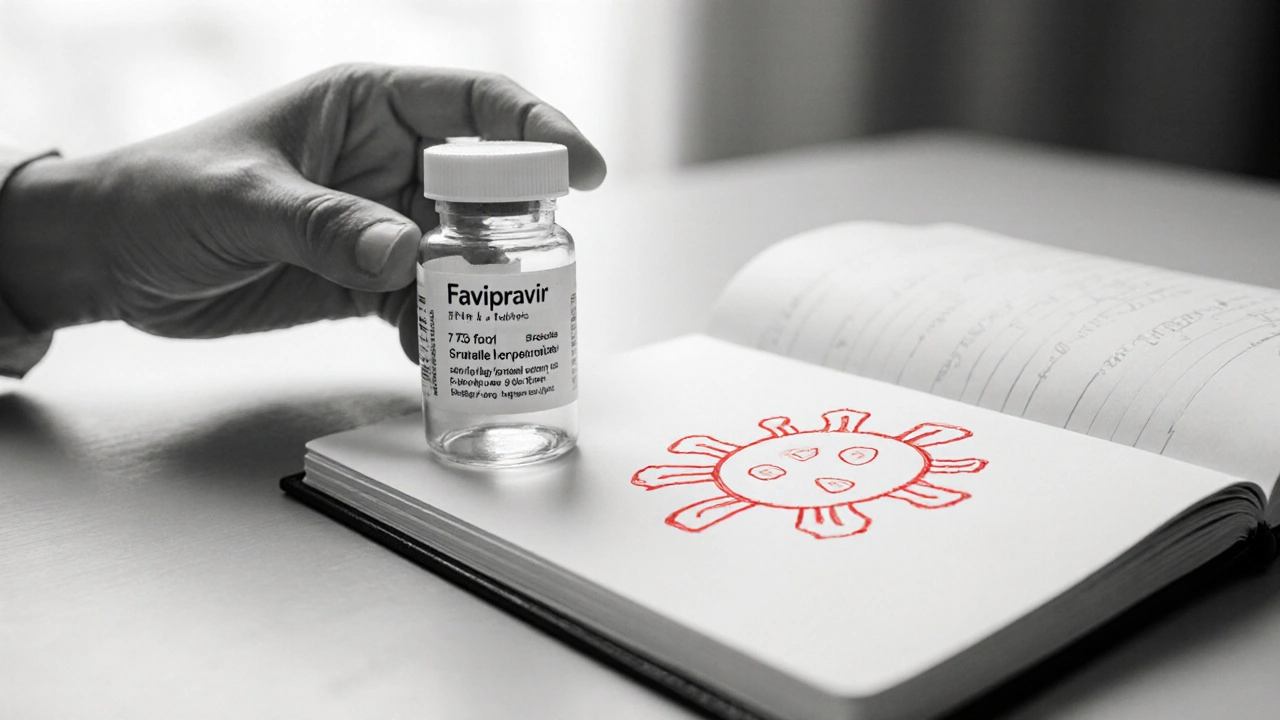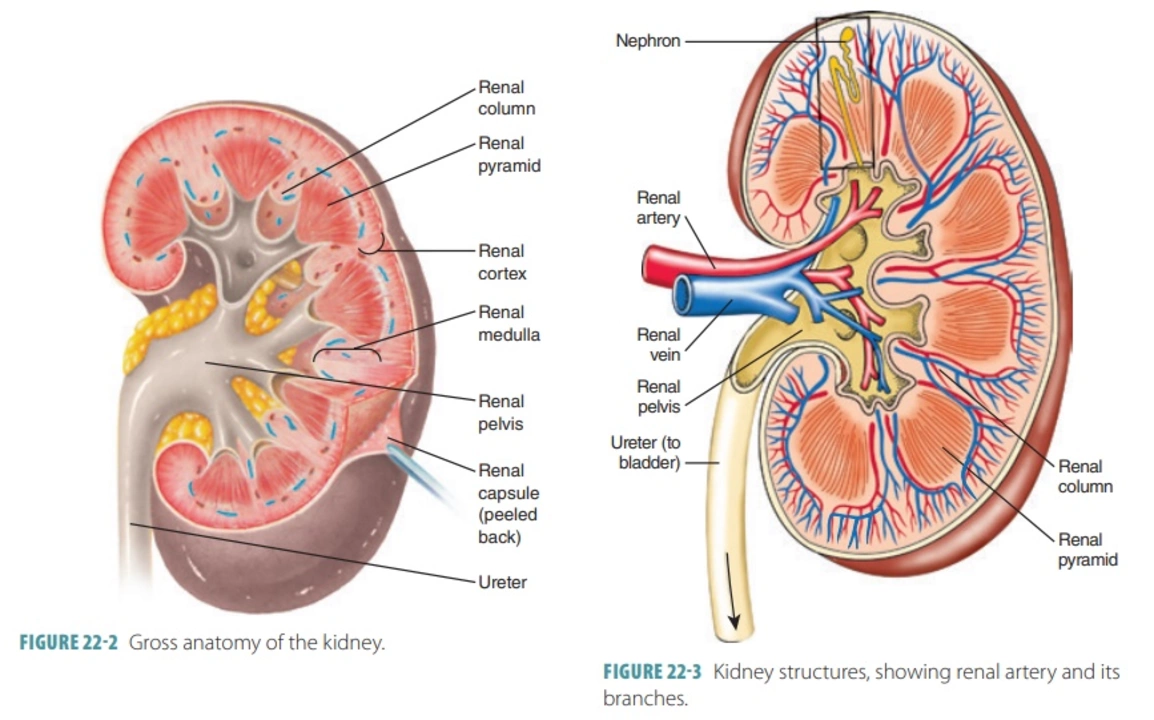Side Effects Explained – Your Practical Guide
Ever taken a pill and felt something weird afterward? That’s a side effect, and it can be anything from a mild headache to a serious allergic reaction. Knowing what to expect helps you act fast and avoid bigger problems.
Common Types of Side Effects
Most drugs cause at least one predictable reaction. Antidepressants often bring dry mouth or drowsiness, while antibiotics can upset your stomach. Over‑the‑counter pain relievers sometimes cause heartburn or mild rash. Recognizing these patterns lets you decide whether to keep the medication or talk to a doctor.
Some side effects are dose‑dependent. Higher doses of blood thinners increase bleeding risk, and larger amounts of sleep aids can lead to lingering grogginess. If you notice stronger symptoms after upping your dose, it’s a sign to revisit the prescribing instructions.
How to Manage Unexpected Reactions
First step: stop the medicine if the reaction is severe—think trouble breathing, swelling, or intense chest pain. Call emergency services right away for those signs. For milder issues like nausea, try taking the drug with food or switching to a different brand after consulting your pharmacist.
Keep a simple log. Write down the medication name, dose, when you took it, and any symptoms that follow. This record makes conversations with healthcare providers clear and saves time diagnosing the cause.
Don’t guess about “natural” remedies either. Some supplements interact badly with prescription drugs, boosting side effects or canceling therapeutic benefits. Always ask your doctor before adding vitamins, herbal teas, or over‑the‑counter products to your routine.
If you’re on long‑term therapy—think blood pressure pills or cholesterol meds—schedule regular check‑ins. Labs can reveal hidden problems like liver strain before they turn into noticeable symptoms. Early detection means adjustments rather than emergencies.
When you read a drug label, focus on the “most common” and “serious” side effect sections. Those bullet points are there to guide you, not scare you. Knowing that mild dizziness is expected with a new antihistamine can keep you from stopping it prematurely.
Finally, share your experiences online in forums or comment sections of trusted sites like HendrxHealth. Real‑world stories add context beyond clinical trials and help others spot patterns they might miss.
Side effects are part of taking medicine, but they don’t have to control you. Spot them early, log the details, and talk to a professional—your health stays in your hands.
Favipiravir Patient Stories: Successes, Side Effects & Real‑World Challenges
Real patient stories reveal how Favipiravir helped COVID‑19 recovery, common side effects, and practical tips for safe use.
Glycomet (Metformin) vs Alternative Diabetes Drugs: Full Comparison
A detailed comparison of Glycomet (metformin) with generic metformin and newer diabetes drugs, covering efficacy, cost, side effects, and how to choose the right option.
Chloromycetin: Uses, Dosage, Side Effects & Safety Guide
A clear, up‑to‑date guide on Chloromycetin covering what it is, how it works, proper dosing, common side effects, safety tips and FAQs for patients and caregivers.
Norvasc: A Practical Guide to Uses, Side Effects, and Real-World Tips in 2025
Wondering what Norvasc is really like? This article gives you the lowdown on how Norvasc works, why so many Aussies rely on it for their blood pressure, what side effects to expect, and practical tips to take it safely. We’ll dig into the latest science and real-life advice so you get more than just the same-old sheet from the pharmacy. Whether you’re considering Norvasc, already taking it, or just plain curious, you’ll walk away knowing exactly what’s up with this common medication.
Azathioprine and Kidney Function: What You Should Know
As someone who's always keen on learning about health and medications, I recently came across some vital information on Azathioprine and its impact on kidney function. Azathioprine is an immunosuppressive drug, mainly used to prevent organ rejection after transplantation and to treat autoimmune diseases. While it can be effective for these conditions, it's important to be aware that long-term use may lead to kidney damage, especially in high doses. Regular monitoring of kidney function is essential for those on this medication to ensure they remain healthy. It's always best to discuss any concerns with your healthcare provider to make informed decisions about your treatment options.




